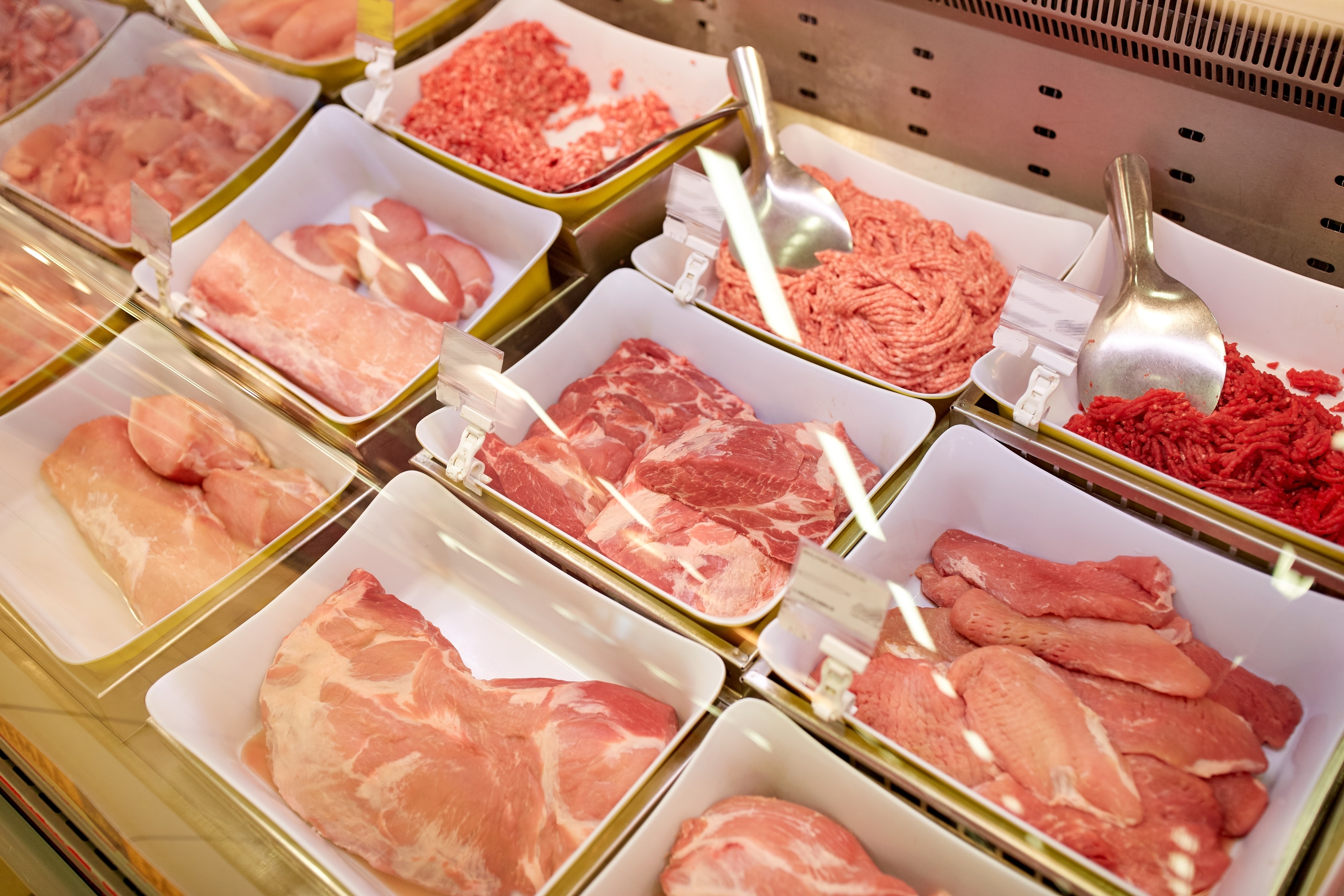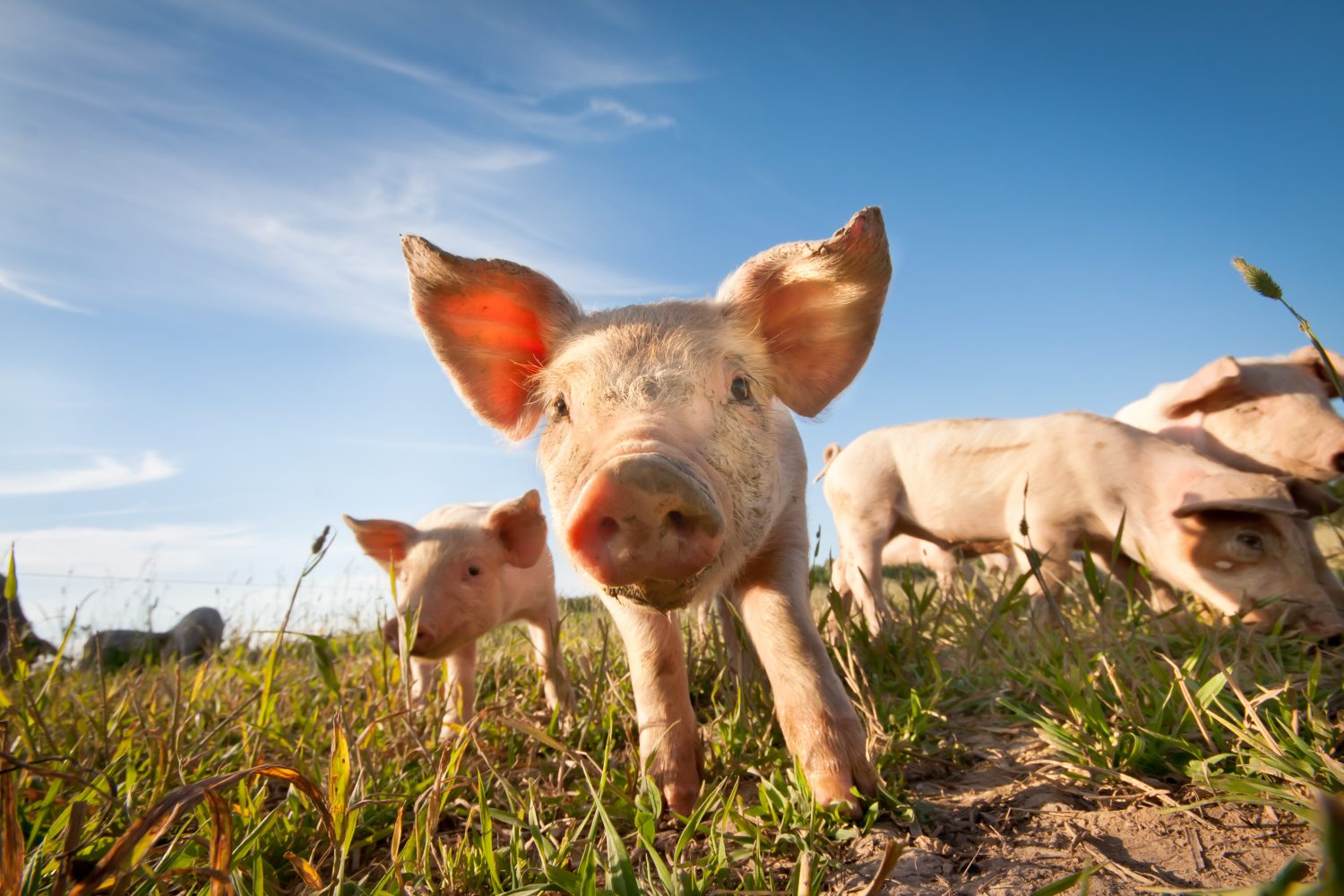
Tremendous First Half for U.S. Beef Exports; Pork Ahead of 2017 Pace
Strong June results capped a huge first half of 2018 for U.S. beef exports, according to data released by USDA and compiled by the U.S. Meat Export Federation (USMEF). June pork exports were lower than a year ago for the second consecutive month, but first-half volume and value remained ahead of last year’s pace.
Beef muscle cut exports set a new volume record in June of 90,745 metric tons (mt), up 15 percent from a year ago. When adding variety meat, total beef export volume was 115,718 mt, up 6%, valued at $718.4 million – up 19% year-over-year and only slightly below the record total ($722.1 million) reached in May. First-half exports set a record pace in both volume and value as international customers bought a larger share of U.S. beef production at higher prices, indicating strong demand. Export volume was up 9% from a year ago to 662,875 mt while export value was just over $4 billion, up 21%. In previous years, export value never topped the $4 billion mark before August.
“It’s remarkable to think that as recently as 2010, beef exports for the entire year totaled $4 billion, and now that milestone has been reached in just six months,” says Dan Halstrom, USMEF president and CEO. “This should be a source of great pride for the beef industry, which has remained committed to expanding exports even when facing numerous obstacles. And with global demand hitting on all cylinders, there is plenty of room for further growth.”
June exports accounted for 13.4% of total beef production, up from 12.8% a year ago. For muscle cuts only, the percentage exported was 11.3%, up from just under 10% last year. First-half exports accounted for 13.5% of total beef production and 11% for muscle cuts – up from 12.8% and 10%, respectively, last year. Beef export value averaged $313.56 per head of fed slaughter in June, up 19% from a year ago. The first-half average was $316.94 per head, up 18%.
After setting a new record in April, pork export volume has trended lower the past two months, mainly due to lower exports to the China/Hong Kong region. June exports totaled 191,303 mt, down 4.5% from a year ago, despite a slight increase in muscle cut exports (to 153,083 mt). June export value was $510.4 million, down 3%. For the first half of 2018, pork export volume was still 2% ahead of last year’s record pace at 1.27 million mt, while value increased 5%to $3.36 billion. For pork muscle cuts only, first-half exports were up 6% year-over-year in both volume (1.02 million mt) and value ($2.78 million).
“Pork exports – and especially variety meats – face a very challenging environment in China/Hong Kong due not only to retaliatory duties but also because of increasing domestic production in China,” Halstrom explained. “On the positive side, exports are achieving solid growth in most other markets and reached new heights in destinations such as Korea and Latin America. So there is no time to dwell on factors the U.S. industry cannot control – we must continue to find new opportunities in both established and emerging markets.”
On April 2, the import duty on U.S. pork and pork variety meats entering China increased from 12 percent to 37 percent. On July 6, the rate increased to 62 percent. Mexico imposed a 10 percent retaliatory duty on U.S. pork muscle cuts (variety meats are excluded) on June 5 and increased the rate to 20 percent on July 5. Pork sausages and prepared hams entering Mexico are subject to duties of 15 percent and 20 percent, respectively, which took effect June 5. First-half export results reflect the first round of duties imposed by China and Mexico, but not the higher rates that took effect in July.
June pork exports accounted for 26.4 percent of total production, down from 27.1% a year ago, but the percentage of muscle cuts exported increased from 22.2% to 22.8%. First-half exports equaled 27.3% of total pork production (down from 27.8% a year ago) and 23.6% for muscle cuts (up from 23.1%). Pork export value averaged $55.13 per head slaughtered in June, down slightly from a year ago, while the first-half per-head average increased 2% to $55.18 per head.



